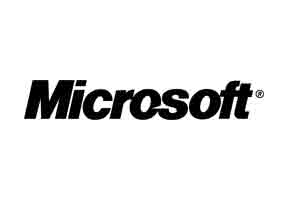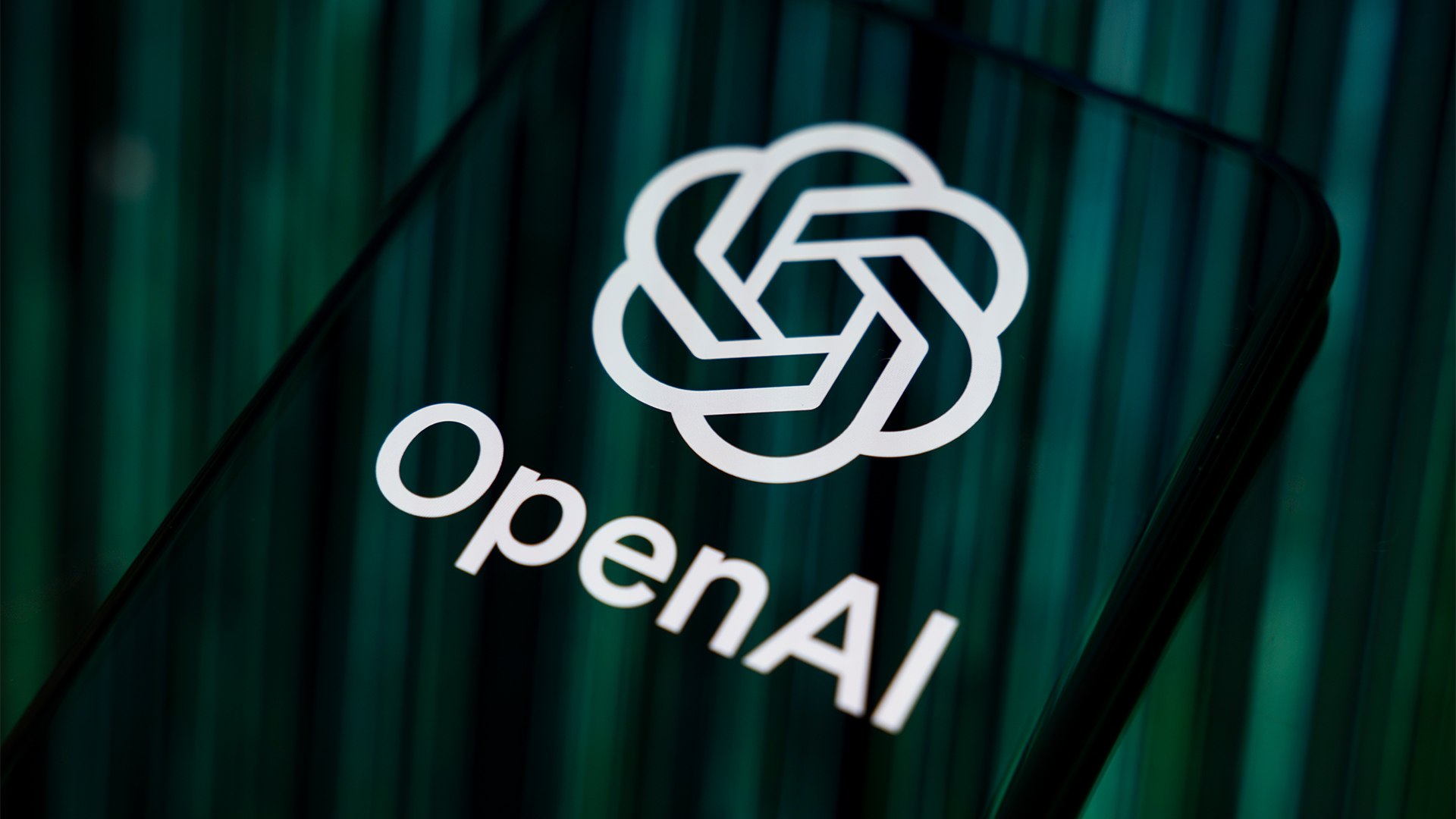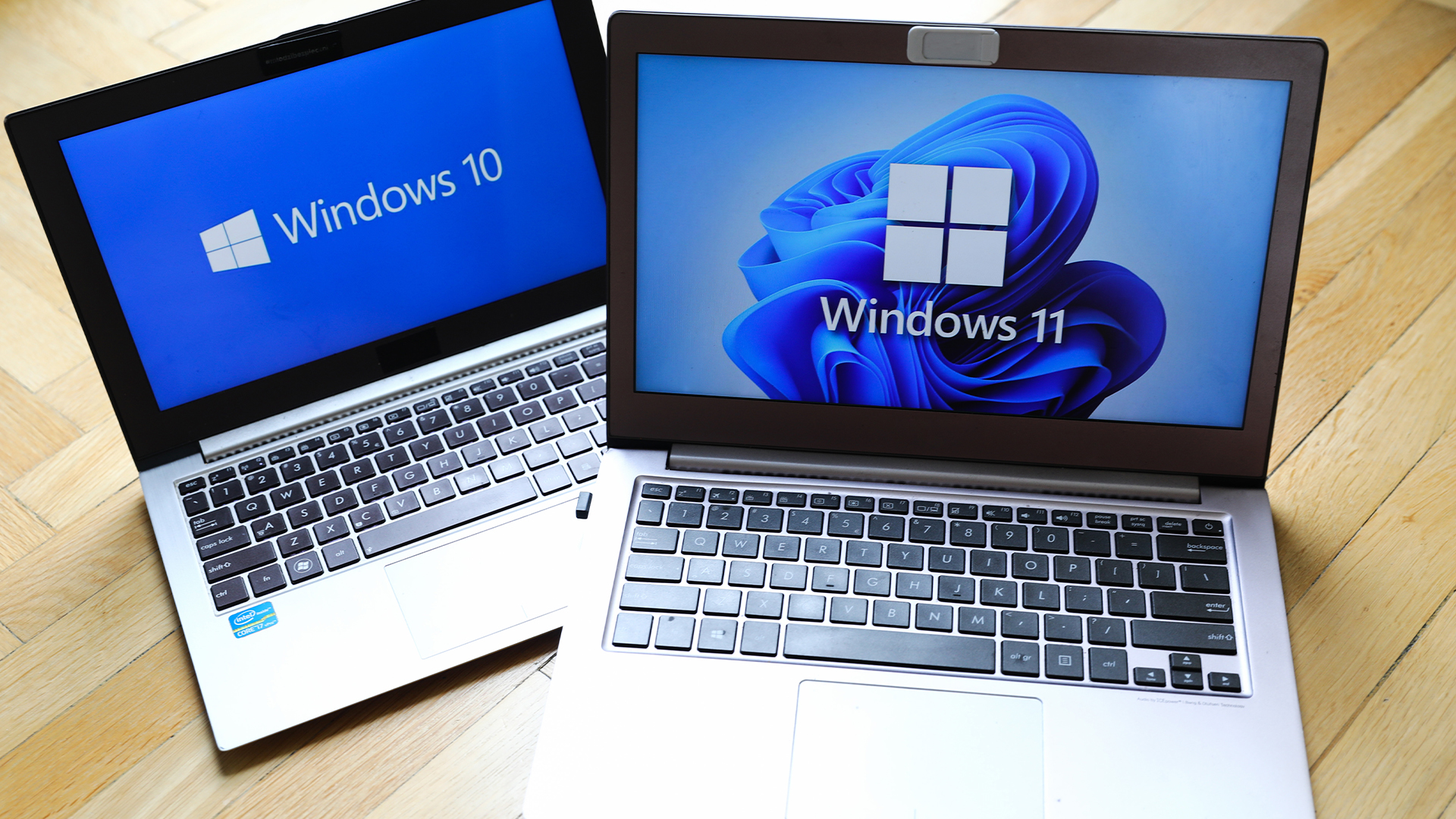Should you skip Vista and wait for Windows 7?
Some companies are considering skipping Microsoft's current operating system, Vista, in favour of waiting for the already more popular Windows 7 - but is that a wise move?


It's been a little over two years since Microsoft's Vista operating system (OS) was released to the corporate world, followed by a retail release two years ago this weekend.
With a favourably-reviewed Windows 7 nearing release, some IT departments are wondering if it's worth waiting for the new kid and skipping over Vista entirely and some analysts are suggesting that's already happening.
Will firms ignore Vista?
Last year, Gartner surveyed attendees one of its symposiums, finding 30 per cent of the firms represented there planned to skip Vista entirely, while another 15 per cent had no plans as of then to migrate to the OS. "And that was at the very beginning of the economic crisis," said Gartner analyst Neil MacDonald. "Those numbers are getting worse."
Gartner's numbers suggest Vista has been adopted by fewer than six per cent of organisations at the end of last year. "It's just horrible results for a Microsoft OS," MacDonald said. "It's going to go down with Windows ME as one of Microsoft's worst releases ever."
Microsoft would like to politely disagree. John Curran, the head of its Windows Client arm, said that between 8.5 per cent and 10 per cent of businesses have switched to Vista across industry, compared to the 6.6 per cent which moved to XP two years after its release. "It's still tracking ahead of XP deployment," Curran told IT PRO.
Time to migrate?
Sign up today and you will receive a free copy of our Future Focus 2025 report - the leading guidance on AI, cybersecurity and other IT challenges as per 700+ senior executives
But with Windows 7 expected to be released by the end of this year, and economic turmoil shrinking budgets, those migration numbers might not improve.
Dale Vile, an analyst at Freeform Dynamics, said his company has no evidence that firms are holding out for Windows 7 but agreed it does seem that way. "We have no hard research on this, it's anecdotal people are looking at Windows 7 coming along," he said. "They're not put off it [Vista], but certainly reviewing whether they should hold off or not."
Rather unsurprisingly, Microsoft advises not to linger. The time to upgrade is now, and waiting will only make it more difficult in the long run, said Microsoft's Curran, adding that "the path to Windows 7 is Vista."
But even Curran agreed that some companies will skip Vista entirely. "Companies are always going too go through different paths in adoption," Curran agreed. "For some, it will make sense to go from XP to Windows 7 but some will go to Windows Vista first."
Because Windows 7 and Vista share a kernel, switching between the two shouldn't be difficult but then neither should switching from XP to Windows 7. "In terms of application compatibility and remediation, moving from XP to Vista, or XP to Windows 7, is a comparable move but Vista to 7 is much less complicated," Curran said, adding that any hardware bought for Vista will also suit Windows 7.
Hardware could indeed be key, said Gartner's MacDonald. "In the current economic crisis, one area people are going to look to save money is hardware," he said, suggesting companies might hold off on a hardware refresh and stick with lower spec computers running XP, rather than upgrade to processor-hungry Vista. "XP is a pretty darn good OS, so there's no imminent reason to switch."
Do it in your own time
Indeed, don't let Microsoft's release cycle decide how your orgnanisation upgrades its desktop estate, said Vile. "We advise not to let Microsoft's OS release plans dictate when you move," he said.
"When we're advising people, we tell them don't let that be part of the decision," Vile said. "If you're going to deploy, there's no reason to hold off."
While Vista has its critics, much of the early problems have been fixed, and the system is stable enough for anyone looking to upgrade their desktop estate, he said. "There's no reason not to move to Vista now," he said.
Businesses on older systems shouldn't wait too long to migrate their estate to a new system, Vile advised. "There's a limit with all tech. How [long] you can put [upgrades] off?" he said, adding that being more than two generations behind will cause trouble.
"The general principal is you can only leave all these things so long," he said, citing support issues and backwards compatibility of new applications as major issues. "If you're on Windows 98, that's pretty painful."
But he made it clear that a business case must be made for any desktop upgrade, and the decision of what OS to choose should be made based on individual business needs, not Microsoft's plans. "Don't let Microsoft's release cycle dictate when you upgrade your desktop estate," Vile stressed. "Do it on your schedule, not Microsoft's."
Freelance journalist Nicole Kobie first started writing for ITPro in 2007, with bylines in New Scientist, Wired, PC Pro and many more.
Nicole the author of a book about the history of technology, The Long History of the Future.
-
 Why developers need to sharpen their focus on documentation
Why developers need to sharpen their focus on documentationNews Poor documentation is a leading frustration for developers, research shows, but many are shirking responsibilities – and it's having a huge impact on efficiency.
-
 OpenAI says GPT-5.2-Codex is its ‘most advanced agentic coding model yet’
OpenAI says GPT-5.2-Codex is its ‘most advanced agentic coding model yet’News GPT-5.2 Codex is available immediately for paid ChatGPT users and API access will be rolled out in “coming weeks”
-
 Windows 10 extended support costs could top $7 billion
Windows 10 extended support costs could top $7 billionNews Enterprises sticking with Windows 10 after the October deadline face huge costs
-
 Tiny11 review: Windows 11 with only 2GB of RAM
Tiny11 review: Windows 11 with only 2GB of RAMReview A version of Windows 11 for older machines that don't meet the full requirements
-
 Red Hat Enterprise Linux becomes foundational operating system for Cohesity Data Cloud
Red Hat Enterprise Linux becomes foundational operating system for Cohesity Data CloudNews New strategic partnership between Red Hat and Cohesity aims to drive innovation in the data security and management space
-
 Ubuntu shifts to four-week update cycle
Ubuntu shifts to four-week update cycleNews Critical fixes will also come every two weeks, mitigating the issues involved with releasing prompt patches on the old three-week cadence
-
 AlmaLinux follows Oracle in ditching RHEL compatibility
AlmaLinux follows Oracle in ditching RHEL compatibilityNews Application binary compatibility is now the aim with 1:1 now dropped
-
 How big is the Windows 10 cliff-edge?
How big is the Windows 10 cliff-edge?ITPro Network With some comparing the upcoming Windows 10 end of life to Windows XP, we ask members of the ITPro Network for their insight
-
 Everything you need to know about the latest Windows 11 updates - from bug fixes to brand-new features
Everything you need to know about the latest Windows 11 updates - from bug fixes to brand-new featuresNews Two new cumulative updates are on the way and will be installed automatically on Windows 10 and Windows 11 machines
-
 How to download a Windows 11 ISO file and perform a clean install
How to download a Windows 11 ISO file and perform a clean installTutorial Use a Windows 11 ISO to install the operating system afresh
